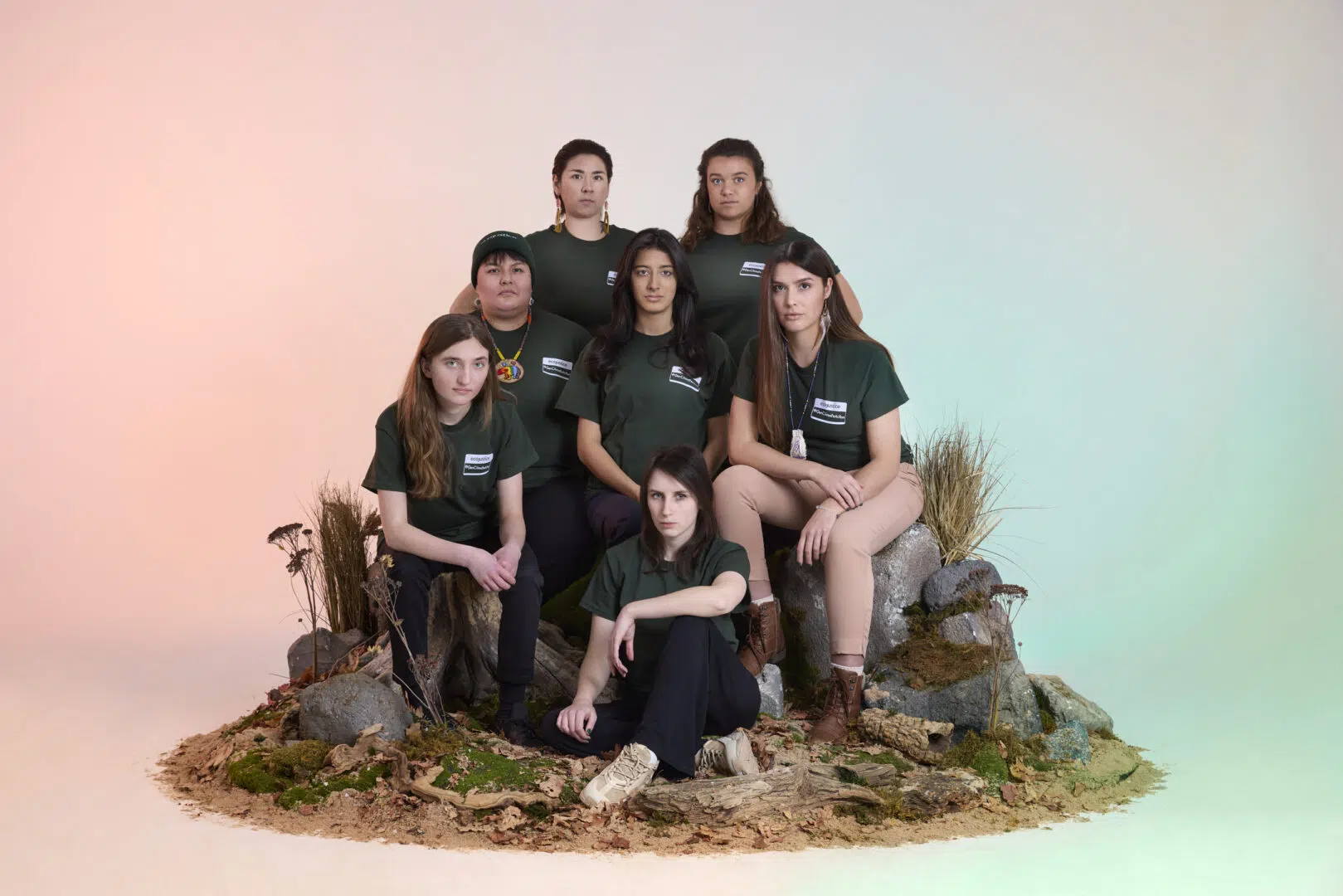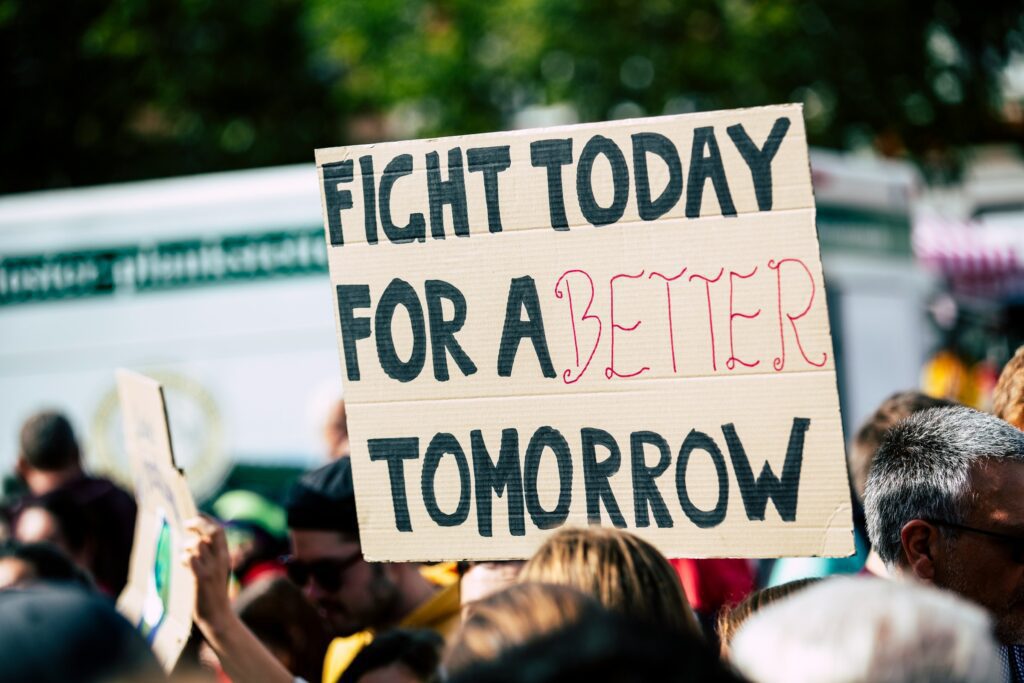This week, we’ll be at the Court of Appeals for Ontario in support of seven youth who are suing the Ontario government over its weak climate target and plan. The youth are being represented by lawyers from EcoJustice and Stockwoods. Environmental Defence and West Coast Environmental Law, represented by West Coast lawyers Anna Johnson and Andrew Gage, are one of 11 groups of intervenors.
What’s the case about?
When the current Ontario government came to power in 2018, one of the first things they did was introduce a bill that canceled the cap and trade program and weakened Ontario’s climate target, which had been enshrined in law. This move set back climate ambition in Ontario, and Canada, significantly.
The youth are claiming that Ontario’s weakened climate target and plan are violating their constitutional rights to life, liberty and security of the person, and right to equality, as guaranteed in Canada’s Charter of Rights and Freedoms.
They’re right.
And their court case has the potential to push the Ontario government, but also governments across Canada, to do more for their future.
Climate change poses an existential threat, especially to youth, given that the worst effects of climate change will materialize in the future. As a result, courts around the world have found that weak climate action does in fact violate citizens’ rights.
At the original trial, the Ontario Superior Court of Justice agreed that the constitutional rights of the youth are being compromised by climate change, but found that the specific law being challenged –the weakened Ontario climate target and plan– was not causing the violation.
We think that this misses the point: the Ontario government, through its laws, policies and actions, is actually contributing to climate change. It needs a science-based target and plan for reducing its emissions. But its current target is too weak, and so is directly responsible for the level of greenhouse gas (GHG) emissions in the province.
We say that clauses in the Charter of Rights and Freedoms means that Ontario owes a “duty of care” to Ontarians. When it comes to climate change, that duty of care means that Ontario has an obligation to ensure that GHG emissions stay below levels that would avoid the most catastrophic impacts of climate change.
Ontario’s target and plan fall well short of that mark.
The BC Supreme Court has also found that the cumulative effects of government-approved industrial development has violated Aboriginal treaty rights. We are arguing that this case is similar, with the government of Ontario’s targets purporting to give itself permission to infringe the Charter rights of Canadians.
Don’t be fooled by Ontario’s latest news
Based on recent media reporting, you might think that Ontario has had a change of heart when it comes to climate policy. The government has gone from ripping out electric vehicle charging stations to championing the manufacture of EVs, and from canceling 750 renewable power projects to, very recently, announcing plans to build new wind and solar power.
And these are positive developments, but they aren’t driven by an epiphany on climate and don’t mean that Ontario is now a constructive player in the fight against climate change. It’s simply a reflection of the fact that if Ontario wants to have a car manufacturing industry, we need to be making EVs. And if Ontario wants to attract other industries, it actually needs to show a commitment to clean energy, rather than just talking up a “clean energy advantage” that it is actually working to undermine.
The facts remain: Ontario is pushing forward with new gas plants and a plan to drastically increase emissions in the electricity sector; it’s funding the expansion of Enbridge’s gas pipeline network; and has threatened to legislate against a decision from the Ontario Energy Board –an economic regulator whose mandate is all about keeping costs down– so that Enbridge can continue to subsidize gas hookups, locking us into for new buildings, locking us into fossil fuels for decades to come.
In the initial hearing on this case, Ontario actually argued that its target wasn’t even a target, and its plan was nothing more than a “glossy brochure.” But that brochure still stands as Ontario’s plan, though very few of the measures in that plan are being implemented, and it’s very unlikely that the province is on track to even reach its weak target.
The kids aren’t alright. The government is putting their future in jeopardy. And we’re going to court to help support their fight.







